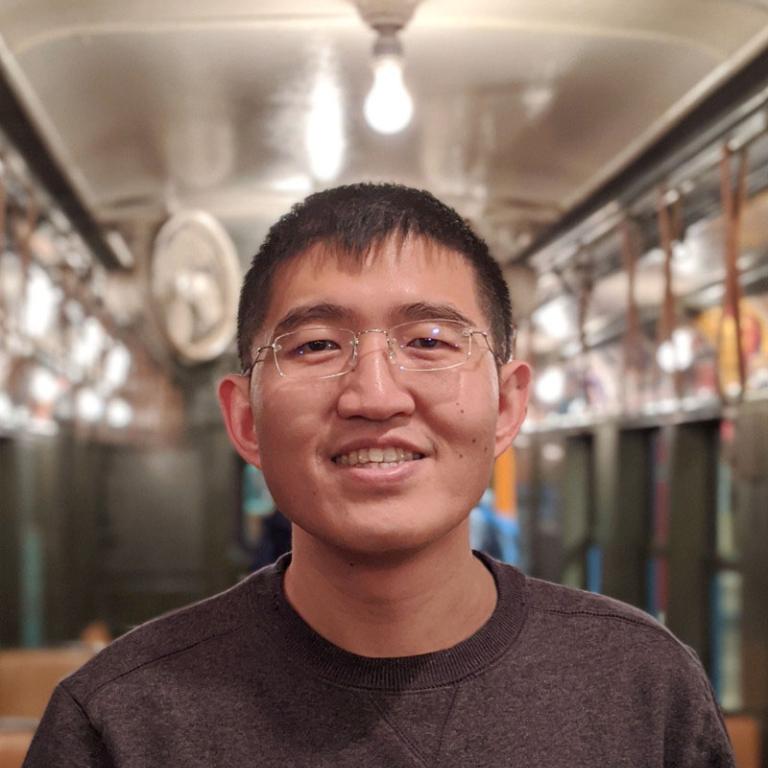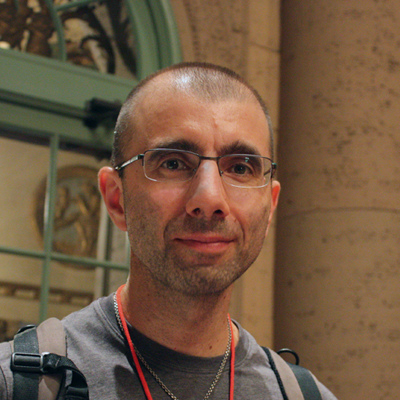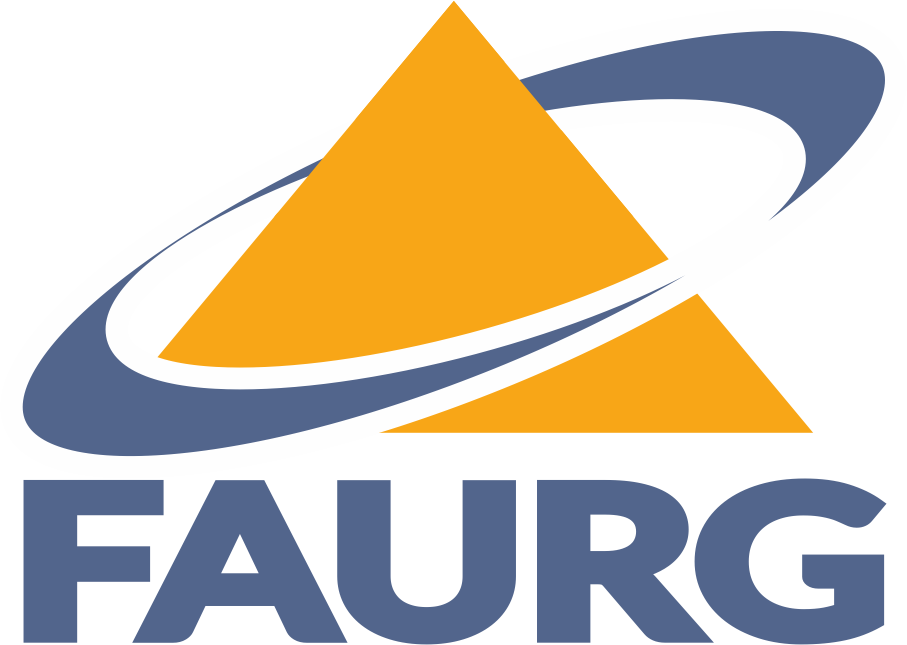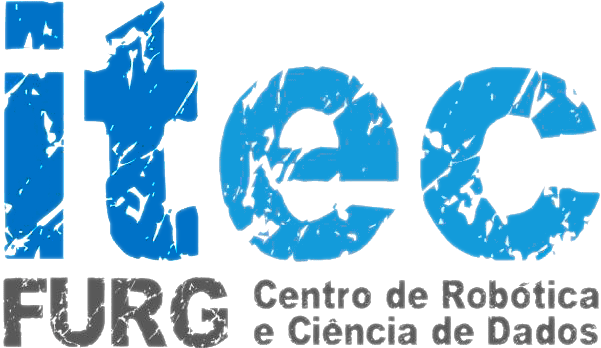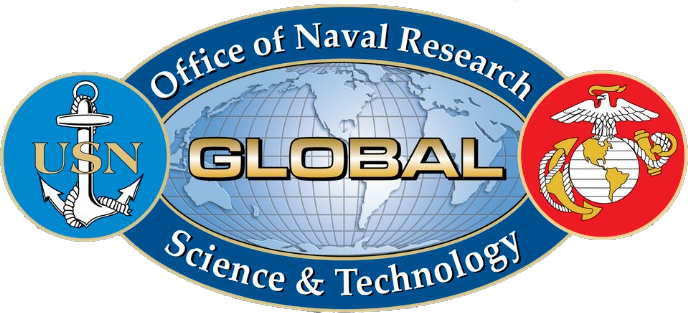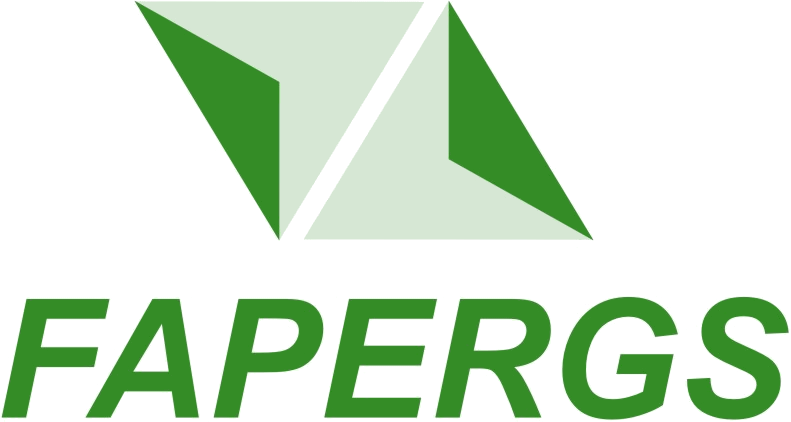Toward Human-Centered XR: Bridging Cognition and Computation
Abstract
Virtual and Augmented Reality enables unprecedented possibilities for displaying virtual content, sensing physical surroundings, and tracking human behaviors with high fidelity. However, we still haven't created "superhumans" who can outperform what we are in physical reality, nor a "perfect" XR system that delivers infinite battery life or realistic sensation. In this talk, I will discuss some of our recent research on leveraging eye/muscular sensing and learning to model our perception, reaction, and sensation in virtual environments. Based on the knowledge, we create just-in-time visual content that jointly optimizes human (such as reaction speed to events) and system performance (such as reduced display power consumption) in XR.
About the speaker
Qi Sun is an assistant professor at New York University. Before joining NYU, he was a research scientist at Adobe Research. He received his PhD at Stony Brook University. His research interests lie in perceptual computer graphics, VR/AR, computational cognition, and computational displays. He is a recipient of the IEEE Virtual Reality Best Dissertation Award, with his research recognized as Best Paper Awards in ACM SIGGRAPH and IEEE ISMAR.
Immersive technologies for medical education
Abstract
The technologies of Virtual Reality (VR), Augmented Reality (AR), serious games, virtual worlds and social networks have become collectively known as immersive technologies and are able to engage users of all ages. The continuous increase in computational processing power and accompanying decrease in the size of electronic components has led to the decreasing cost and rising availability of consumer-level immersive technologies have helped advance the adoption of immersive technologies in recent years. Within the healthcare field, immersive technologies and VR/AR in particular, are not so much technologies of the future but rather, of the present where researchers, medical professionals and educators are finding innovative ways to leverage immersive technologies and transform both healthcare teaching and practice; this has only accelerated given the move to remote learning to facilitate COVID-19 shutdowns. In this presentation a brief overview of the application of immersive technologies (AR, VR, and serious games) in medical education will be provided. Emphasis will be placed on the benefits and limitations of existing technologies, what currently can and cannot be, and various open problems that must be addressed before the application of immersive technologies becomes more widespread in medical education.
About the speaker
Bill Kapralos is an Associate Professor in the Game Development and Interactive media program at Ontario Tech University and the Technical Lead of the Collaborative Human Immersive Interaction Laboratory, Sunnybrook Health Sciences Centre in Toronto. His current research interests include: immersive technologies, serious gaming, multi-modal virtual environments, and spatial sound. He was recently awarded a Greek Diaspora Fellowship. He is a past recipient of an Australian Government 2018 Endeavour Executive Fellowship, a past recipient of a Natural Sciences and Engineering Research Council of Canada and Japan Society for the Promotion of Science Fellowship, a past recipient of an IBM CAS Faculty Award, and a past co-recipient of a Google Faculty Award.
The role of the US Office of Naval Research Global in the promotion of basic science
Abstract
Since 1946, the Office of Naval Research Global has provided funding and research collaboration opportunities with partners around the world, with a mission of promoting global security, building awareness of emerging technology, and the promotion of peace and democratic values. Today, the ONR Global Science Director office in São Paulo nears its 10-year anniversary in Brazil. Alongside the Air Force Office of Scientific Research and the US Army International Technology Center, we give grants for basic research projects, conferences and workshops (such as SVR), and visiting scientists to the US. ONR headquarters in Washington DC provides $2 billion of scientific research funding to academia and national labs in the US each year.
About the speaker
Dr. Kyle Gustafson is a Navy physicist serving as a Science Director (International Program Officer) at the Office of Naval Research Global, based in Sao Paulo since October 2021. He is responsible for technology awareness and basic research funding for future Naval Applications, scouting projects and conferences to fund mainly in Brazil, Argentina, and Uruguay. Dr. Gustafson has studied and worked in computational plasma physics, systems biology, circadian genomics, nonlinear dynamics, infectious disease modeling, underwater and structural acoustics, Digital Twin, and time series analysis for maritime applications. He has published nearly 30 peer-reviewed papers and presented at dozens of research conferences with a variety of colleagues in data-driven cyber-physical machine learning models, high-performance computing, genomic data analysis, computational biology, and numerical methods in plasma physics.


